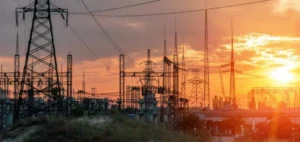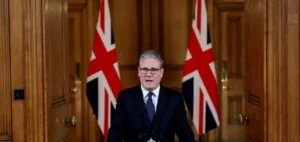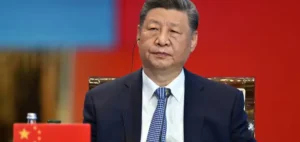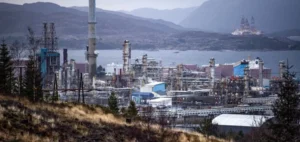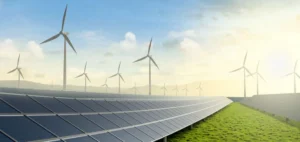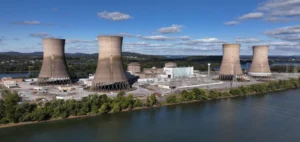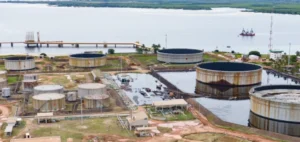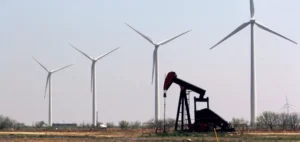The European Commission has adopted the CB RES, the first list of projects for the development of renewable energies. This announcement marks the launch of the decarbonization component of the Connecting Europe Facility (CEF).
EU-wide cooperation plan
The CB RES projects target the cooperation of the European Union in the development and optimal exploitation of clean energies. The collaboration is between EU states or between EU states and non-member countries. These programs respond to a cooperation mechanism defined by the Renewable Energy Directive (RED)
Europe’s decarbonization strategy requires the application of CB RES solutions in energy storage or hydrogen production plants.
The three CB RES projects
The first CB RES list announced by the European Commission includes three projects concerning 7 European countries.
These include the development of a hybrid wind farm between Estonia and Latvia, a district heating network between Germany and Poland, and a renewable electricity production project in Italy, Spain and Germany for the conversion, transport and use of clean hydrogen in the Netherlands and Europe.
In this regard, Commissioner Simson states:
“The three projects selected today are just a first step: We are accelerating the deployment of renewable energy across Europe by taking a more collaborative approach. Europe’s green transition and decarbonization potential can only be realized through joint efforts across sectors, technologies and regions.”
The EU’s decarbonization objective
The implementation of these projects contributes to the EU’s long-term decarbonization plan. These programs meet the CB RES standards and are financially supported under the auspices of the CEF. They are a major contribution to the development of renewable energy in the framework of theEuropean Green Deal and the REpowerEU initiative.
The European Commission will lead the implementation of the CB RES projects with the European Climate, Infrastructure and Environment Executive Agency. The institution will soon communicate the status of these initiatives on a public portal.



